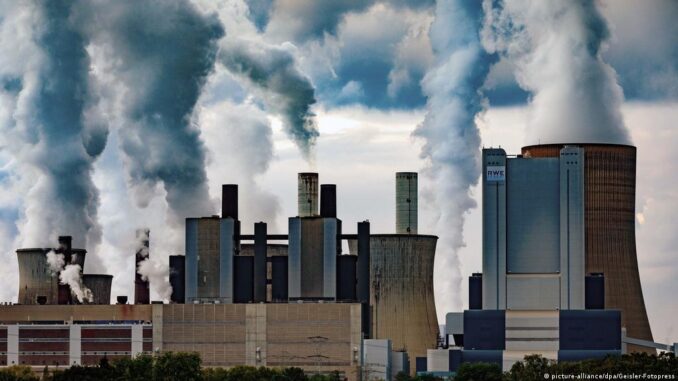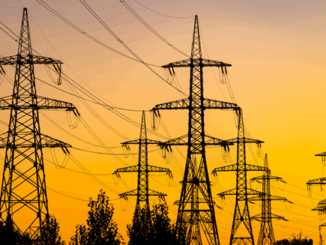
London, 5 September (Argus) — The EU said today that it will provide €155.7mn ($154.6mn) in grants to help Sweden reach net zero emissions by 2045 via its Just Transition Fund, while the European Bank for Reconstruction and Development (EBRD) and the European Investment Bank (EIB) have announced new financing plans for renewable energy and climate adaptation projects.
The EU funding will help to decarbonise Sweden’s heavy industry — typically hard-to-abate sectors such as metals and minerals — by investing in research and retraining workers. The Just Transition Fund will also support targeted investment to reduce emissions in sectors such as steel and cement production. Industrial emissions make up 32pc of Sweden’s total emissions.
Of the funding, €9mn will contribute to increasing the capacity of the electricity grid on the Swedish island of Gotland, as well as lifting renewable power capacity in the region.
Meanwhile, the EBRD will provide $74mn in financing for energy firm Shamol Zarafshan’s planned 500MW onshore wind farm in Uzbekistan. The project is the country’s first wind farm and would be the largest renewable energy project in central Asia, the EBRD said. Shamol Zarafshan is wholly-owned by the UAE’s state-run renewable energy firm Masdar.
Separately, the EU-owned EIB is working to scale up climate adaptation finance by taking on more risk, it said today. It has pledged to increase the maximum percentage it funds for any one project from 50pc to 75pc if the projects are primarily focused on adaptation. It will fund 100pc of those projects in the most vulnerable parts of the world, including small island developing states and least developed countries.
The bank’s adaptation plan, which it launched last year at the UN Cop 26 climate conference, seeks to strengthen investment and technical knowledge to increase climate resilience and protect projects from the extremes of climate change. The EIB will increase adaptation financing to reach 15pc of its climate action funding by 2025. The bank also plans to work with individual countries to translate their national strategies into a set of projects that it can finance, it said.



